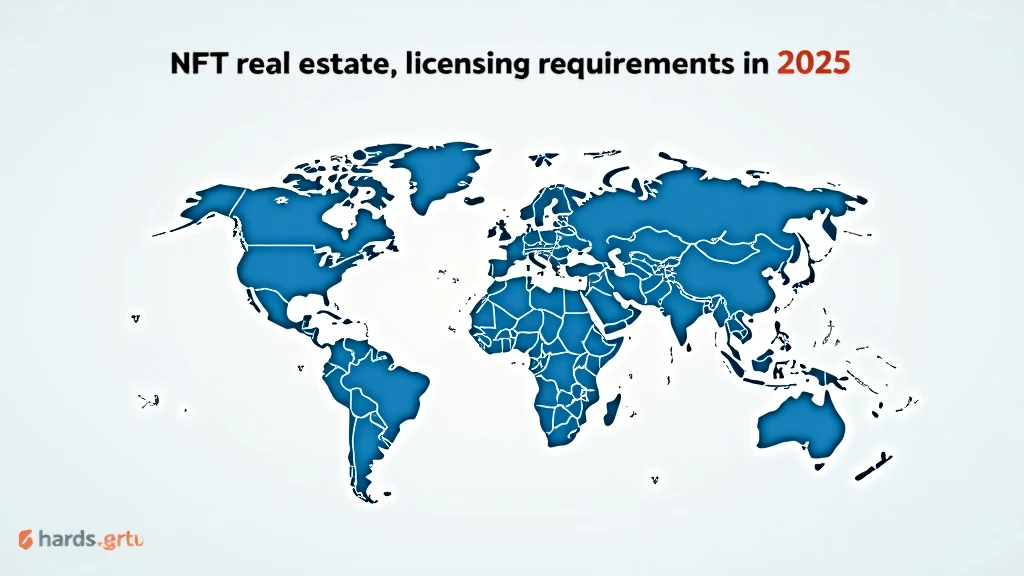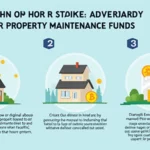Understanding NFT Real Estate
The rise of NFTs (Non-Fungible Tokens) has changed the way we perceive ownership of digital assets, particularly in the real estate sector. With $15.5 billion in NFT sales recorded in 2021 alone, this market is rapidly expanding, enticing investors and innovators alike.
Why Licensing Matters
Licensing in the realm of NFT real estate is crucial for several reasons:
- Legal Compliance: Ensures that all transactions adhere to local laws and regulations.
- Investment Protection: Provides a layer of security for purchasers against fraud.
- Market Credibility: Enhances trust among potential buyers and investors.
NFT Real Estate Licensing Requirements: A Breakdown
When entering the NFT real estate market, understanding the licensing requirements is essential. Here are the key points to consider:

1. Regional Regulations
Each country or region may have its specific regulations governing NFT transactions, particularly in real estate. For instance, in the United States, real estate licensing laws vary from state to state. In Vietnam, the surge of NFT interest has prompted discussions on potential regulations.
2. Securities Law Considerations
Some NFTs, especially those tied to real estate assets, may be classified as securities under local laws. This means that offerings must comply with securities regulations. In Vietnam, the legal framework surrounding blockchain still evolves, creating uncertainty for both investors and developers.
3. Title Deeds and Ownership Rights
Another critical aspect is the proof of ownership. Traditionally, physical property ownership is documented through title deeds. Blockchain offers a solution for verifiable, immutable records.
4. Consumer Protection Laws
Regulations also extend to consumer rights, ensuring that buyers have clear understanding and adequate protections in place. In Vietnam, for instance, transparency is crucial to build trust among users engaging in NFT real estate transactions.
Real-World Examples of Compliance
Here are some real-world examples of platforms and how they adhere to licensing requirements:
- Propy: This innovative platform gained attention by facilitating real estate transactions using blockchain technology. It complies with U.S. regulations and has successfully closed deals with cryptocurrencies.
- RealT: Another example, RealT allows investors to purchase fractional ownership of properties via NFTs. Their compliance with local laws ensures transparency and protection for investors.
Global Overview: NFT Growth in 2025
With the projected explosion of the NFT real estate market in 2025, let’s explore some statistics that showcase its growth:
| Region | Market Size in 2025 (Estimated) |
|---|---|
| North America | $8 billion |
| Europe | $5 billion |
| Asia (Including Vietnam) | $7 billion |
Source: ResearchAndMarkets.com
Navigating the Vietnamese Market
Vietnam is witnessing a remarkable growth rate in users interested in digital assets. According to statistics, Vietnam boasts a blockchain user growth rate of over 30% year-on-year. However, the lack of clear regulations poses challenges for NFT real estate initiatives.
Future Considerations
As we look ahead, here are some important considerations for NFT licensing:
- Stay Updated: Regularly monitor changes in legislation affecting NFTs and real estate.
- Engage with Experts: Utilize legal and blockchain consultants to navigate the complexities of compliance.
- Establish Best Practices: Create guidelines to ensure transparency and security within your platform for users.
Conclusion
As NFTs continue to reshape the real estate landscape, understanding licensing requirements and regulations is more crucial than ever. By keeping informed and adopting best practices, stakeholders can navigate this promising yet complex market effectively. Remember that engaging with local laws and ensuring adherence to stringent security standards will foster a trustworthy environment for NFT real estate transactions. Remember, successful navigation in this space also hinges on adapting to changes in Vietnamese blockchain regulations, especially as user interest peaks.
Stay tuned to Cyber Traders Shows for further insights into the evolving world of NFT real estate licensing requirements.
Written by: Dr. Johnathan Smith, a recognized authority in blockchain technology with over 15 papers published and a lead auditor for the award-winning project, RealChain.




